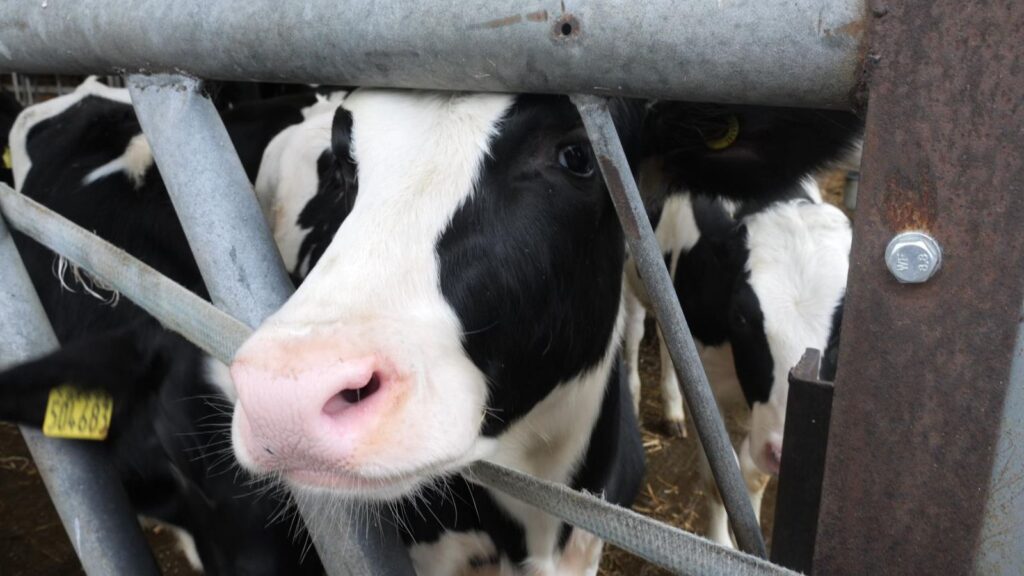A Scottish breeding program aims to reduce methane emissions from cows, potentially cutting greenhouse gases from their burps and flatulence by 40% over the next 20 years. Currently, livestock contribute at least 12% of global methane emissions, which is significantly more potent than carbon dioxide in the short term. Professor Mike Coffey from Scottish Rural University noted that calves from the program produce 2% less methane than their parents, with cumulative benefits from selective breeding.
This methane is produced during digestion, influenced by both microbial activity and genetic factors. A new DNA test helps identify cows and bulls that emit less methane, allowing for effective pairing and in vitro fertilization to maximize production of low-methane offspring.
While breeding cows with lower methane emissions is a positive step, experts caution it’s not a complete solution. Emma Garnett from the University of Oxford emphasizes that reducing the overall number of cattle and transitioning towards plant-based diets is essential for significant environmental impact. The National Farmers’ Union aims for net-zero greenhouse gas emissions by 2040, and while beef consumption has declined, cheese consumption is rising.
The program aims to empower consumers and farmers to make more sustainable choices, akin to opting for lower-emission vehicles.
Source link


